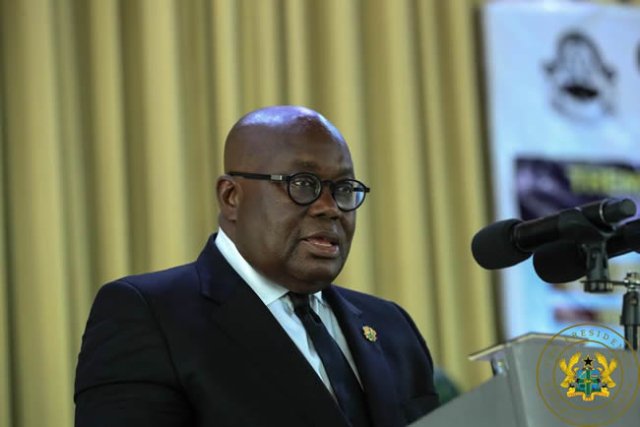Even before you start reading this editorial this morning, Ghana would have been in the wee hours of its 14-day partially lockdown as imposed by the president last week.
This new additional measure as the president puts it obviously is as a result of soaring numbers recorded weeks after the deadly Corona Virus emerged in the country.
Prior to this stage, there were calls on the government to consider the imposition of the state where everyone would have to remain indoors as one of the measures towards the fight against the disease.
So far, the physical isolation of all or parts of the population is one of the principal weapons currently being deployed to combat C-19 across the word.
This measure has become necessary, somehow because of the absence of a vaccine or cure for the disease, and given the incredible virility of C-19 through various forms of contact, the principal weapon is the use of physical barriers in the city, the neighbourhood and the community at large.
The Bureau of Public Safety for instance had argued that a partial lockdown of regions that have recorded cases of the novel coronavirus in the country.
Be that as it may the lockdown is here with its much expected inconvenience and confusion.
THE NEW PUBLISHER is of the view that having a lockdown or not is not the issue but rather how to implement and manage a lockdown within the Ghana context.
Currently some Ghanaian appear confused about the president’s directives over what to do and what not to do.
For instance, it took the Information Minister Kojo Oppong Nkrumah in a tweet on Friday to indicate that the media was part of the essential services when in actual fact the president did not mention journalists as among those workers expected to stay home.
The same minister again had to organize a press briefing yesterday to further trim the rough edges inherent in the imposition of the lockdown. Be that as it may the paper dare suggest that the ministry of information must make use of its information officers and get the message down to the ordinary people.
Sadly, thousands of panic buyers’ besieged Accra markets and other shopping centres in the capital and other towns expected to be lockeddown in an act of panic buying which clearly renders the principle of social distancing counterproductive.
This, the papers argues is because the information did not go down well with the people. Even as the lockdown is in force, let’s do well to carry the message across to all.


Comments are closed.